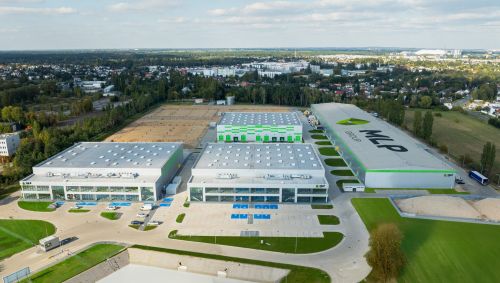In Q1 2021, UOKiK, the Polish competition authority, gave permission for Tesco Polska to be taken over by Salling Group, the owner of the Netto discount store chain. The reason for such an investment, according to Radosław Bartkowiak, the head of construction at Netto Polska, is of course that Netto was looking to expand: “Over the last 26 years of our operations in Poland, we’ve been growing at a steady pace. Now we have more than 400 stores. Adding Tesco’s premises allowed us to effectively extend our chain’s reach in a short time and change from being a regional to a national player. By converting Tesco’s stores, Netto is now active in locations where we previously had no presence and this allows us to fully realise the potential of our chain and also to tap into the full potential of the Polish retail market, which continues to be able to absorb newly developed retail space,” he explains.
Netto ready before the end of year
By taking over Te

























































